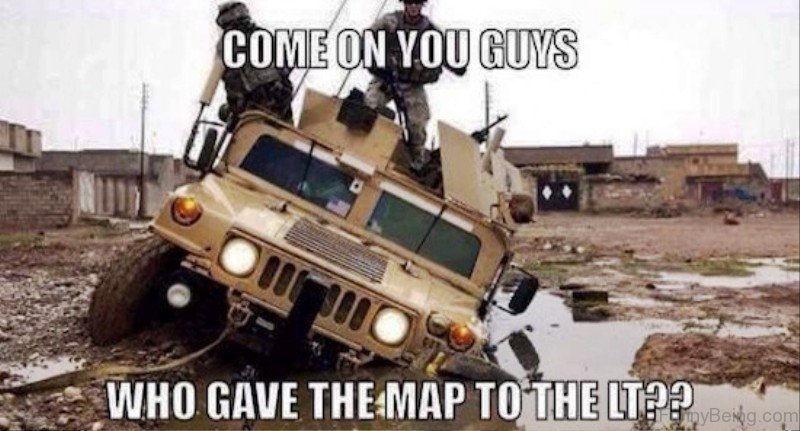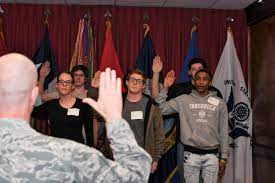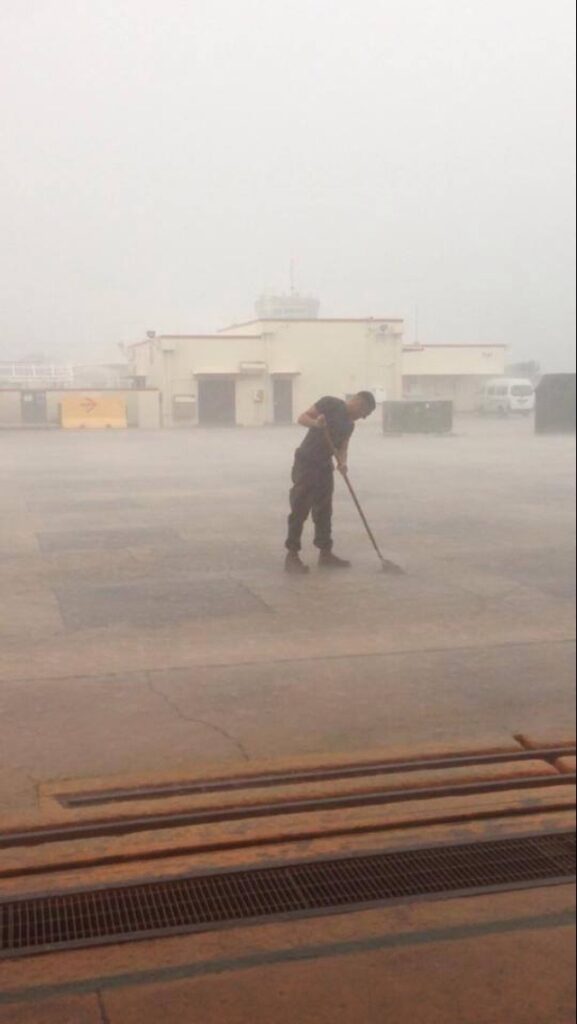
Lieutenants(LT) getting lost is a common stereotype
I would like to talk about a large but small community: the military. One of the things they like to remind you when enlisting and signing your contract all the way to when you are doing your basic training is that you are part of the “1%”. Out of the whole United States, only 1% enlist and manage to get through basic training. Sounds small but that 1% represents around 1 million people. Anyhow, the military community feels and likes to feel disconnected from the civilian counterpart. You can always hear somebody saying that civilians don’t understand how being in the military is. This concept stretches far past that and it is applied into doctrine. One of the biggest differences I have noticed is language and the way we express ourselves.
First, let me explain a little bit of the process of joining the military. One can go to any recruiting office, find a recruiter and in a manner of minutes start an enlistment process. Once you are done with the enlistment process where they eventually do a mental, health, and financial checkup, you will be sitting in MEPS(Military Entrance Processing Station) signing a contract and swearing in. Immediately after swearing in, you will be shipped out to your Basic Combat Training Station -1 out of 4 options- to start your journey to becoming a Soldier. One of the requirements to becoming one is to speak like one. As soon as you arrive at your station, they will inform you about the correct way to express yourself while you do your service. Bathrooms are called Latrine, guns are weapons, teammates are “battle buddies” and many others. The way we spell words also have to be specific, we MUST use the phonetic alphabet. Just like the medical community, we love speaking in acronyms. There is even a term we use a lot: “Police Call”.

We like to use that when we need to keep an area clean. Whenever you are training marksmanship or doing a Field exercise, you will hear your First Sergeant(1SG) tell the whole company to “police call” after themselves. On the same track, we use the word “tracking” to confirm that we are aware of what we are being told or often like an acknowledgement similar to the word “roger”. I would like to think that is to precondition yourself to speaking etiquette necessary when using radio or jargon used while on missions. Either way, whenever you find yourself in the ranks of the Army do be mindful of the way you are expressing yourself or be ready to do some push-ups.






This is fascinating! It also makes a great start for your Portrait itself — lots in here to use just the way you’ve written it. Just fyi, my father was a surgeon in the Navy during Korea, an LT JG, in fact. Not sure he had to go through basic training, however :-D, so I’m going to learn something from this!